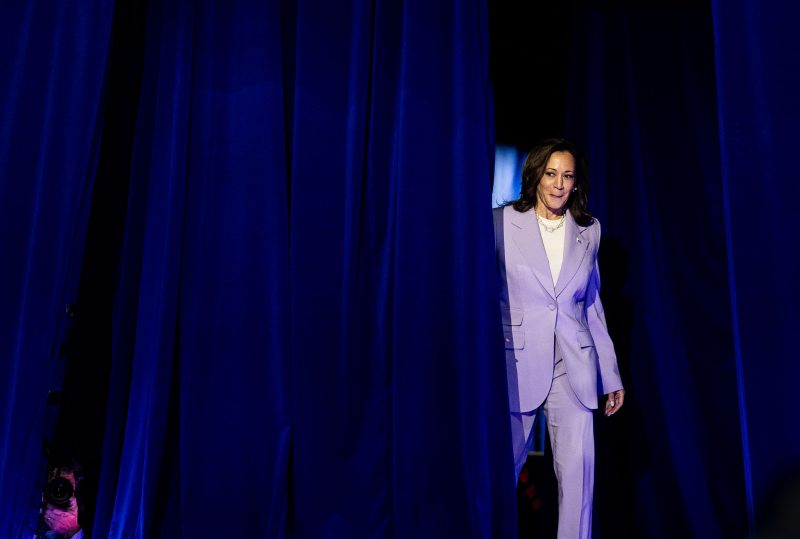In a recent move that has caught the attention of many, Vice President Kamala Harris has expressed her support for eliminating taxes on tips. This decision comes just weeks after former President Donald Trump made a similar promise during his time in office. While the idea may seem appealing to many service industry workers and tip earners, it also raises questions about the implications of such a change on the economy and government revenue.
Harris’s endorsement of ending taxes on tips aligns with a growing trend of advocating for the rights and financial well-being of workers in the service industry. Tips are a significant source of income for many individuals in the restaurant, hospitality, and other service-oriented sectors. By exempting these earnings from taxation, the idea is to put more money directly into the pockets of workers who rely on tips to make ends meet.
However, critics argue that eliminating taxes on tips could have broader consequences for the economy and government revenue. Taxes on tips are a part of the overall tax system that funds various public services and programs. If this revenue stream is removed, it could lead to gaps in funding for essential services such as education, healthcare, and infrastructure. This raises concerns about how the government would make up for the lost revenue and whether other taxes or fees might increase to compensate for the shortfall.
Moreover, the logistics of implementing such a change would also pose challenges. The current tax system is complex, and adjusting it to exempt tips from taxation would require significant legislative changes and administrative resources. Ensuring compliance and preventing abuse of the system would be critical to the success of any policy aimed at eliminating taxes on tips.
On a broader scale, the debate over taxing tips touches on larger issues of income inequality and the distribution of wealth in society. While exempting tips from taxation may benefit low-wage workers and provide them with some financial relief, it could also exacerbate disparities between different income groups. Wealthier individuals who rely less on tips for income may not see the same level of benefit from this policy change.
In conclusion, Vice President Kamala Harris’s support for ending taxes on tips reflects a growing concern for the financial well-being of service industry workers. However, the proposal raises important questions about its potential impact on government revenue, the economy, and income inequality. Any decision to eliminate taxes on tips would require careful consideration of these factors and a balanced approach to ensure that the benefits outweigh the potential drawbacks.

